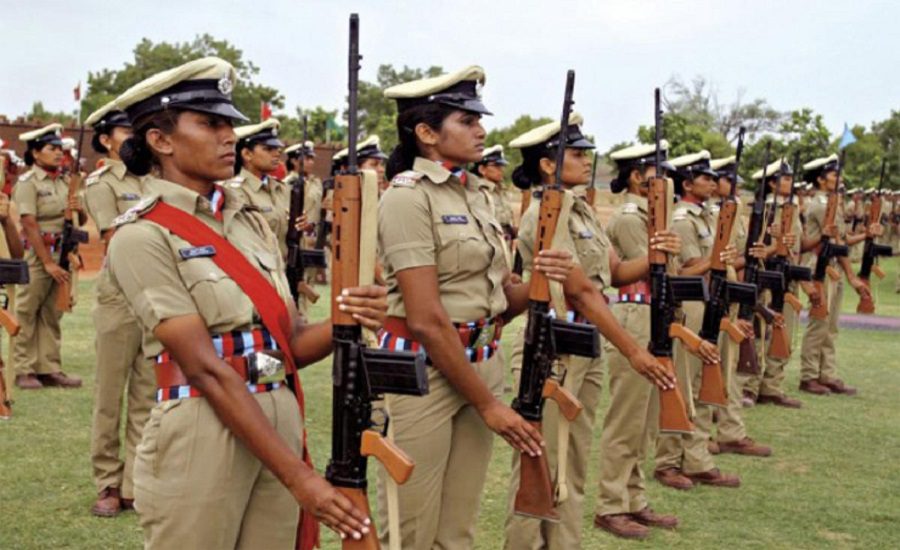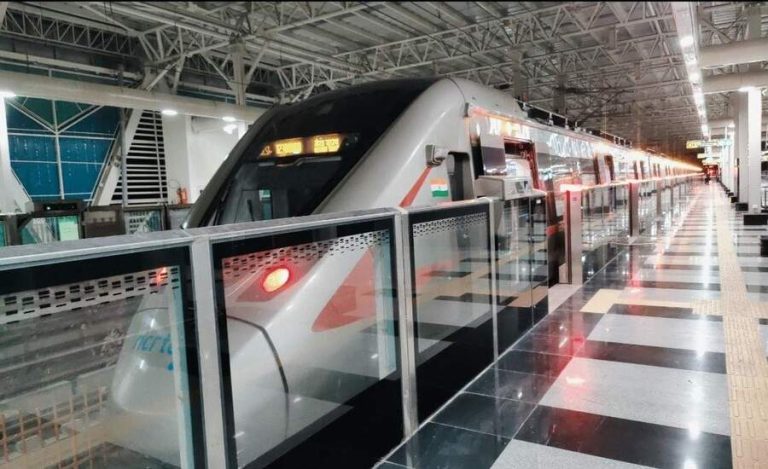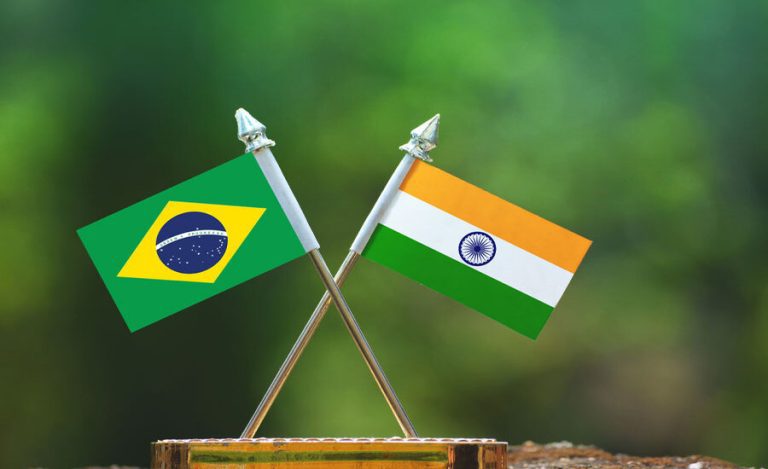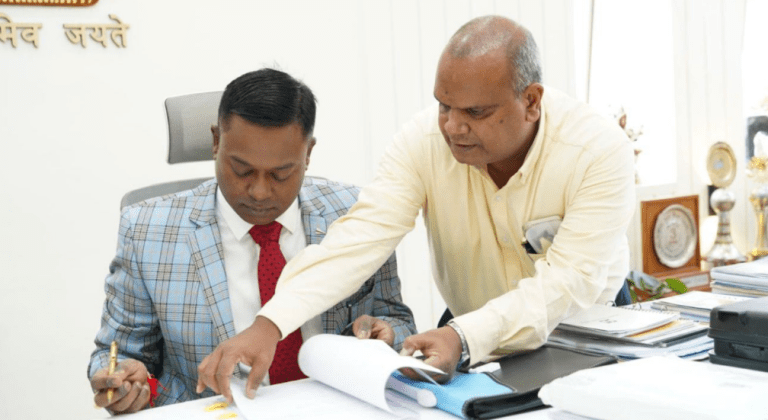New Delhi: In the sprawling network of Indian law enforcement, the position of Director General of Police (DGP) represents the apex of state policing leadership. Yet, out of the 28 states and 8 Union Territories, only three women currently hold this esteemed rank — a striking indicator of the gender disparity that still exists in India’s administrative hierarchy.
Meet the Women Leading from the Front
Rashmi Shukla – Maharashtra’s Top Cop
A 1988-batch IPS officer, Rashmi Shukla is the DGP of Maharashtra, one of the most populous and politically crucial states in the country. With a long career in intelligence and policing, Shukla has served in key roles including as the head of the Central Reserve Police Force’s (CRPF) South Zone and earlier as Commissioner of Police in Pune and Mumbai. Her current leadership role comes with the responsibility of managing law and order in a state with complex urban and rural challenges.
Idashisha Nongrang – First Woman DGP of Meghalaya
Idashisha Nongrang, a 1992-batch IPS officer, created history in 2024 when she was appointed the first-ever woman DGP of Meghalaya. Her appointment was a landmark moment for the state and a proud step forward for gender equality in the North East region. Known for her discipline and community-first approach, Nongrang has served in various capacities, focusing on public safety, counter-insurgency, and administrative reforms.
Shalini Singh – DGP of Puducherry (AGMUT Cadre)
Shalini Singh, a 1996-batch officer of the AGMUT cadre, currently serves as the DGP of the Union Territory of Puducherry. Her appointment underscores the increasing reliance on experienced women officers to lead crucial administrative units. Singh’s past assignments include service in Delhi and Arunachal Pradesh, with a career noted for both operational command and welfare-driven policing.
An Underrepresentation in Uniform
Despite the presence of several senior women officers across India, very few have been given charge as DGPs. This scarcity points to broader structural challenges such as limited promotional opportunities, lack of political will, and the traditional preference for male leadership in police forces.
As the Indian government pushes forward with gender inclusion initiatives across civil services, the representation of women in the highest policing ranks remains an area in need of focused intervention.
Voices for Change
Women’s rights groups and civil society activists have long called for better representation of women in senior police leadership, not just to break the glass ceiling but also to bring diverse perspectives into the enforcement of law and order.
With officers like Rashmi Shukla, Idashisha Nongrang, and Shalini Singh leading by example, the hope is that more states and Union Territories will recognize and promote the capabilities of women in khaki.





























